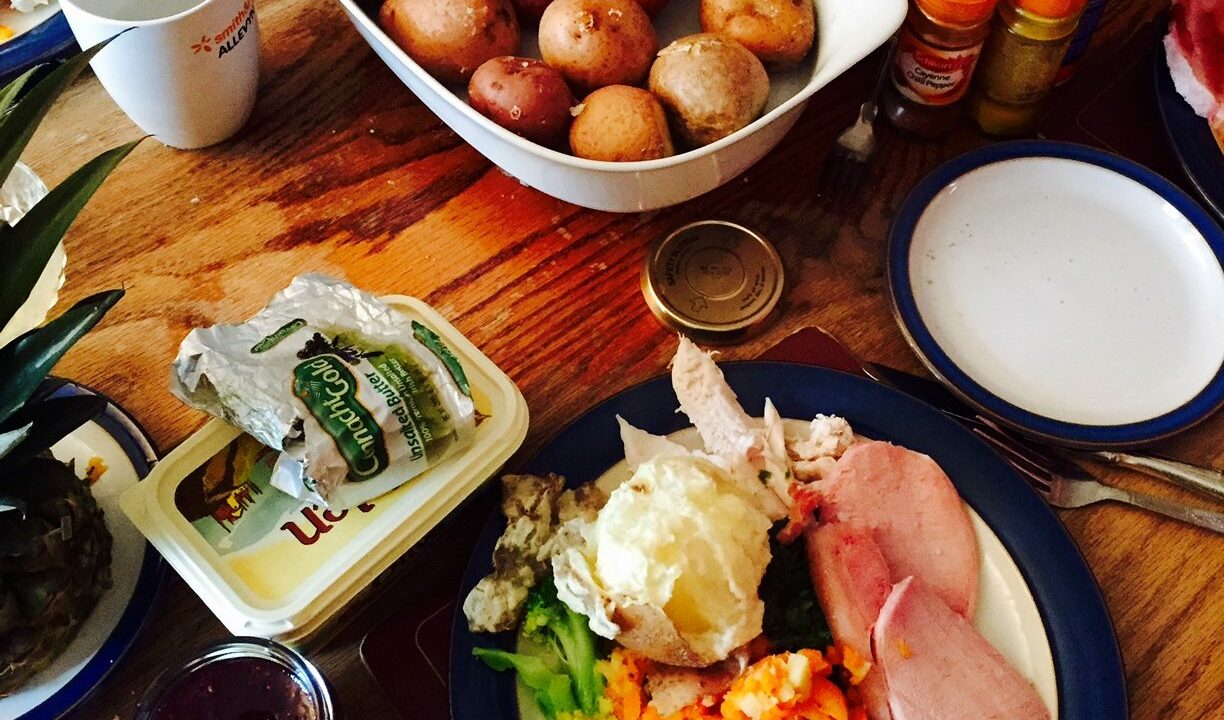The Irish government and the European Commission have both been called upon, by Food Drink Ireland (FDI), to ensure that food regulation remains a top priority throughout the Brexit negotiations.
FDI, which is the main trade association for the food and drink industry in the country, also believes that food regulation should be a top priority in any future free-trade agreement with the UK.
Any new EU-UK arrangement must aim to minimise the potential for regulatory divergence; which, according to FDI, would increase costs and create barriers to trade.
Speaking at the FDI Brexit Regulatory Conference in Dublin yesterday, May 25, FDI’s Director, Paul Kelly, said: “Regulatory divergence, as a result of Brexit, is a significant risk-factor that Irish food and drink companies must plan for”.
The importance of maintaining equivalent standards on food safety, animal health and welfare, and the environment post-Brexit was reiterated throughout the conference.
The need for transitional arrangements of sufficient length, to allow food businesses plan and prepare for any new arrangements, was also highlighted.
Maintenance of high standards
Meanwhile, the Chief Executive of the Food Safety Authority of Ireland (FSAI), Dr. Pamela Byrne, was a keynote speaker at the conference.
“Protection of consumers’ health and interests needs to be a central focus of the upcoming negotiations. The maintenance of high standards of food safety are key to providing assurances to consumers that their food is safe,” she said.
Byrne acknowledged the concerns from those in the industry and confirmed that Brexit will be on the agenda of all future engagements with the industry.
“We will also strengthen our relationships with key regulatory stakeholders in the UK to share concerns and explore opportunities that will allow us to protect consumers from a food safety, integrity and authenticity perspective,” she added.
FDI’s Director, Paul Kelly, pointed towards the importance of market diversification as he closed the conference.
The Irish food industry, which is now exporting to 180 countries, will continue its strategy of market diversification as it prepares for Brexit.
“The EU Single Market is an engine of food and drink export growth and must be protected from attempts to re-nationalise it,” he said.
